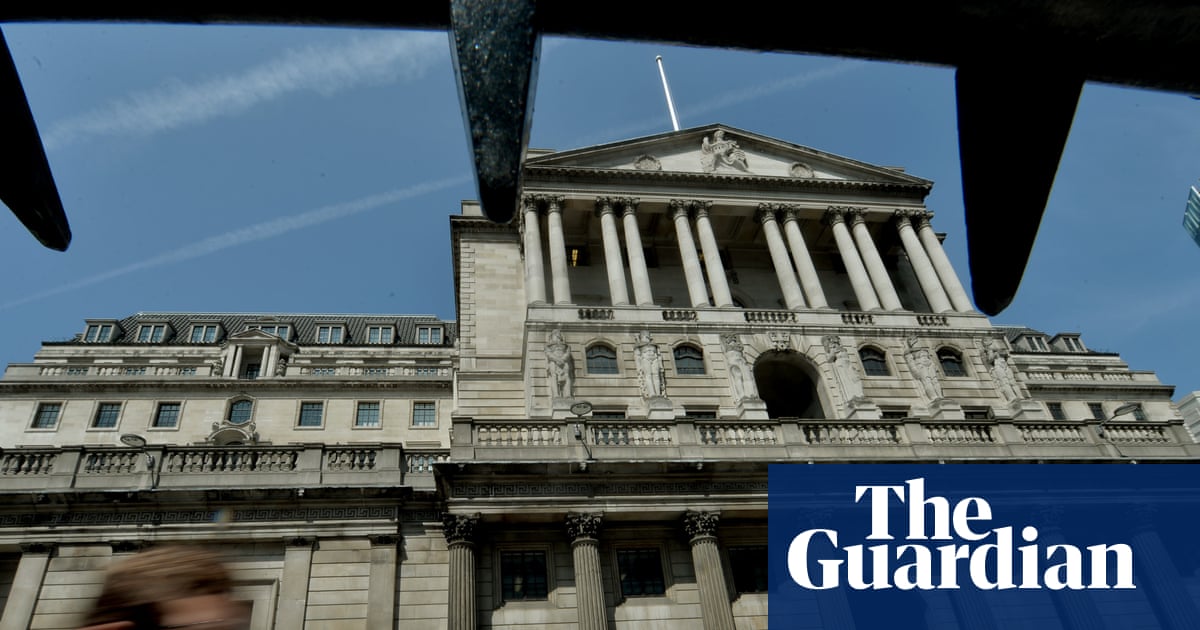
"In a report called Fixing the Leak, the IPPR's associate director for economic policy, Carsten Jung, says the Treasury should rein in the costs of QE as public finances are tight. What started as a programme to boost the economy is now a massive drain on taxpayer money, he said. Public money is flowing straight into commercial banks' coffers because of a flawed policy design. While families struggle with rising costs, the government is [in effect] writing multibillion-pound cheques to bank shareholders."
"The emergency policy, first enacted in 2009 during the global financial crisis, involved buying up 895bn of bonds from the UK's banks and, in exchange, crediting them with reserves at the Bank of England. The Bank is now winding down QE a process known as quantitative tightening (QT) by selling the bonds at a rate of 100bn a year, but these sales are taking place at a loss."
"In accordance with a promise from Alistair Darling, then chancellor, the Treasury bears the financial risks of QE, so these losses hit the government's finances. In addition, the higher Bank of England base rate, now set at 4% to combat above-target inflation, means the Bank is paying out higher interest rates on banks' reserves than it is receiving on the bonds it holds. In total, these losses amount to a 22bn-a-year hit to the public finances, according to the IPPR."
A proposal calls for a new bank tax and for the Bank of England to stop selling bonds to reduce the government's £22bn-a-year losses linked to quantitative easing. Quantitative easing involved buying £895bn of bonds from UK banks and crediting them with reserves at the Bank of England. Quantitative tightening is selling those bonds at about £100bn a year, generating losses. The Treasury bears the financial risks of QE. Higher base rates mean the Bank pays more on reserves than it receives on the bonds, producing a large fiscal hit. A bank levy on QE-related reserves could raise about £8bn a year and avoid objections to tiered reserves.
Read at www.theguardian.com
Unable to calculate read time
Collection
[
|
...
]